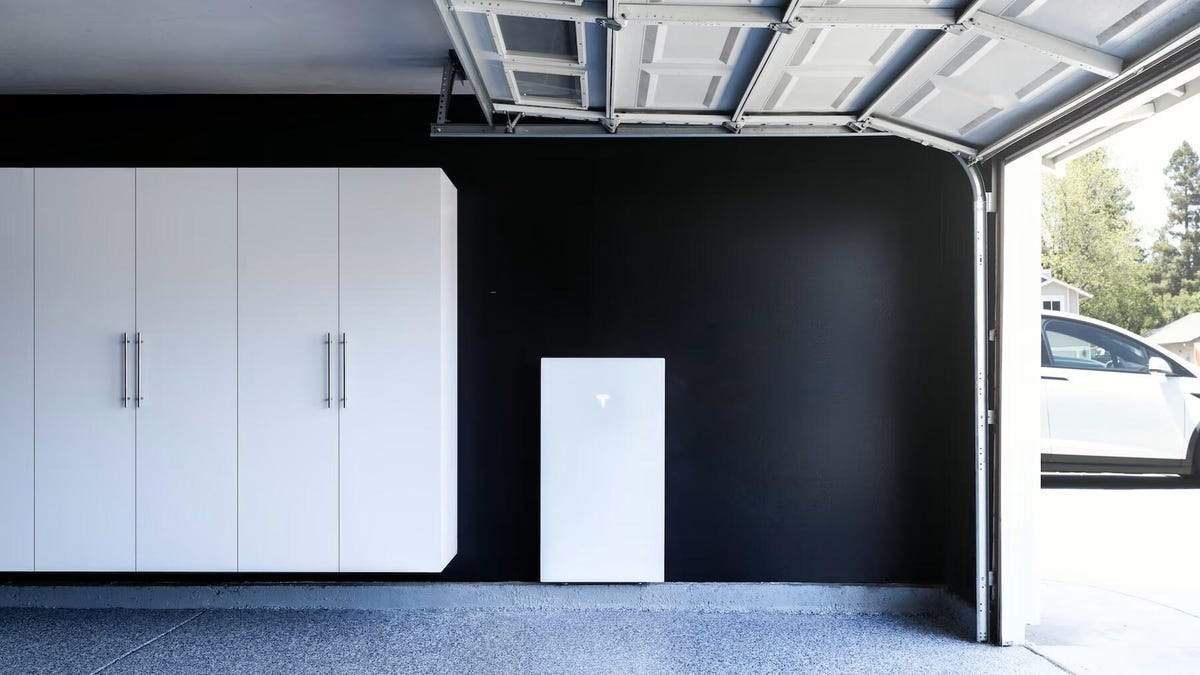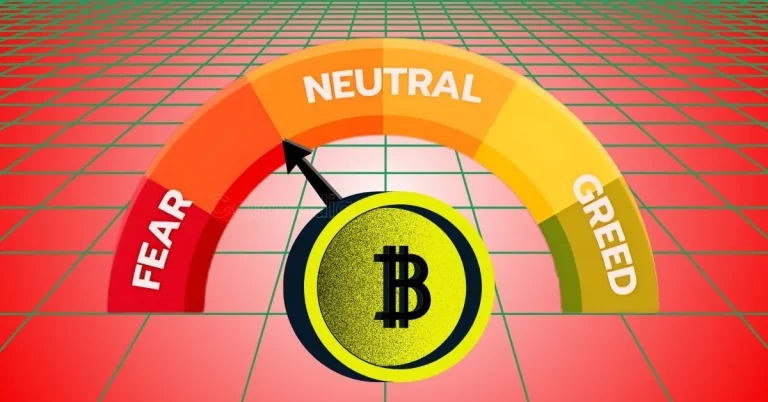
Home batteries originally designed as backup power sources for homes are evolving to provide additional benefits, including significant savings on electricity bills. A recent study reveals that homeowners are evenly motivated to buy batteries for utility bill savings (33%), self-supply (29%), and backup power (28%). However, modern batteries can serve multiple purposes rather than just one.
Home batteries can significantly reduce costs associated with time-of-use rates, which charge more during peak hours. Instead of relying on the grid during these costly periods, batteries can store energy for later use, particularly when coupled with solar panels. This allows homeowners to utilize stored solar energy, especially during nights or outages, thus optimizing their energy efficiency.
Joining a virtual power plant (VPP) also provides a way for homeowners to lessen electric bills and potentially subsidize battery purchases. In VPPs, multiple batteries are managed by local utilities during periods of high demand or stress on the grid, and owners may receive compensation for their participation.
While homeowners can allocate battery capacity for various functions, including maintaining a reserve for backup power, it remains an essential feature of these systems regardless of how battery owners choose to use them.






